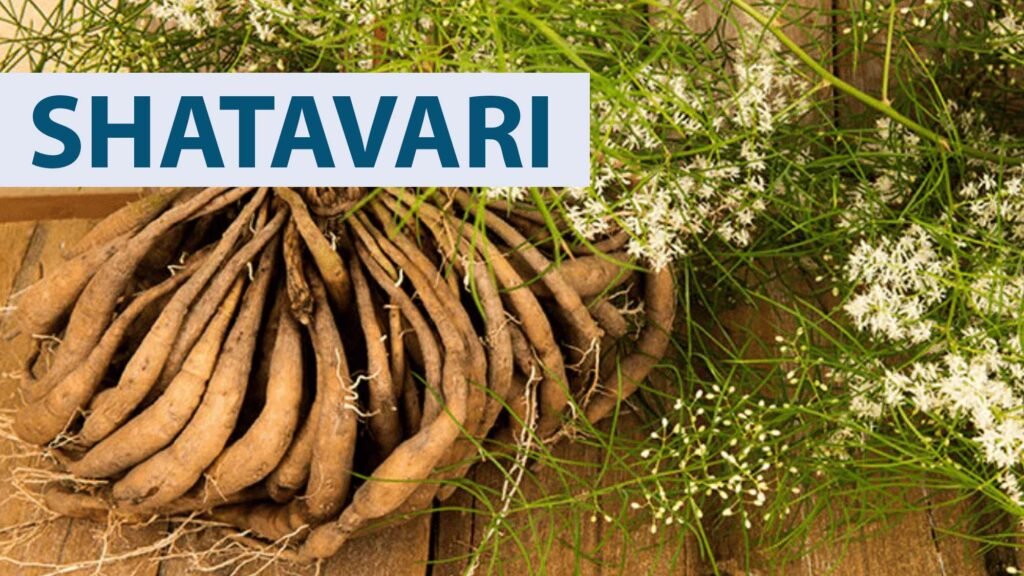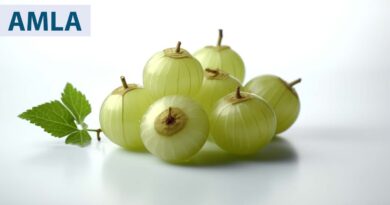Shatavari: A Effective Herb for Women’s Health and Well-being
Table of Contents
Introduction
Shatavari, scientifically known as Asparagus racemosus, is a revered herb in Ayurveda, the traditional medicine system of India. With a rich history dating back thousands of years, Shatavari has been treasured for its numerous health benefits, particularly for women. This SEO-friendly article explores the origins, uses, and potential benefits of Shatavari, shedding light on its role in supporting women’s health and well-being.
Origins and Description of Shatavari
Shatavari is a perennial climbing plant that belongs to the Asparagus family. It is native to the Indian subcontinent and is primarily found in regions with a tropical climate. The name “Shatavari” translates to “one who possesses a hundred husbands” in Sanskrit, emphasizing its traditional use as a herb to enhance fertility and vitality in women.
The herb features delicate, feathery leaves and small, fragrant white flowers. However, it is the root of Shatavari that holds the key to its medicinal properties. The root is often dried and used in various forms, including powder, capsules, and liquid extracts.
Traditional Uses of Shatavari
Shatavari has long been celebrated in Ayurvedic medicine for its versatile healing properties. It is primarily known for its effectiveness in supporting women’s reproductive health. In Ayurveda, it is considered a “Rasayana,” or rejuvenating herb, that helps balance the female hormonal system and promote overall well-being.
Shatavari has been traditionally used to alleviate menstrual irregularities, premenstrual syndrome (PMS) symptoms, and menopausal discomfort. It is believed to nourish and strengthen the female reproductive organs, regulate hormonal imbalances, and enhance fertility. Additionally, it is often used to support lactation in breastfeeding mothers.
Scientific Research on Shatavari
While Ayurvedic wisdom has long recognized the benefits of Shatavari, modern scientific research has started to explore and validate its traditional uses. Several studies have examined the herb’s bioactive components and their potential effects on women’s health.
One of the key components of Shatavari is saponins, which are believed to contribute to its therapeutic effects. These saponins have shown promising anti-inflammatory, immunomodulatory, and antioxidant properties. Studies suggest that Shatavari may help reduce symptoms of menopause, such as hot flashes and vaginal dryness, by modulating hormonal levels and supporting hormonal balance.
Furthermore, Shatavari has demonstrated potential in supporting lactation. Research indicates that the herb may stimulate prolactin production, a hormone essential for milk production. This makes Shatavari a valuable natural remedy for nursing mothers who may struggle with low milk supply.

Other Potential Health Benefits
Beyond its effects on women’s reproductive health, Shatavari offers a range of potential benefits for both men and women. Its adaptogenic properties are believed to help the body cope with stress and promote overall vitality. Shatavari may support digestive health by soothing gastrointestinal inflammation and promoting healthy bowel movements.
The herb is also known for its immune-boosting properties. Studies have found that Shatavari exhibits antimicrobial activity against various pathogens, including bacteria and fungi. This suggests its potential in supporting the body’s natural defense mechanisms.
Moreover, Shatavari’s antioxidant effects may protect against oxidative stress and reduce the risk of chronic diseases. Some research suggests that it may help manage diabetes by regulating blood sugar levels. However, more studies are needed to confirm these findings.
Conclusion
Shatavari is a powerful herb with a rich history in Ayurvedic medicine. Its versatility in supporting women’s reproductive health, along with its potential benefits for stress management, digestion, and immunity, makes it a valuable addition to a holistic wellness routine. As interest in natural remedies continues to grow, Shatavari’s popularity is likely to increase, offering individuals a natural and gentle way to enhance their overall health and well-being.
Remember, before incorporating Shatavari or any herbal supplement into your routine, it is essential to consult with a healthcare professional to ensure its suitability for your individual needs.





